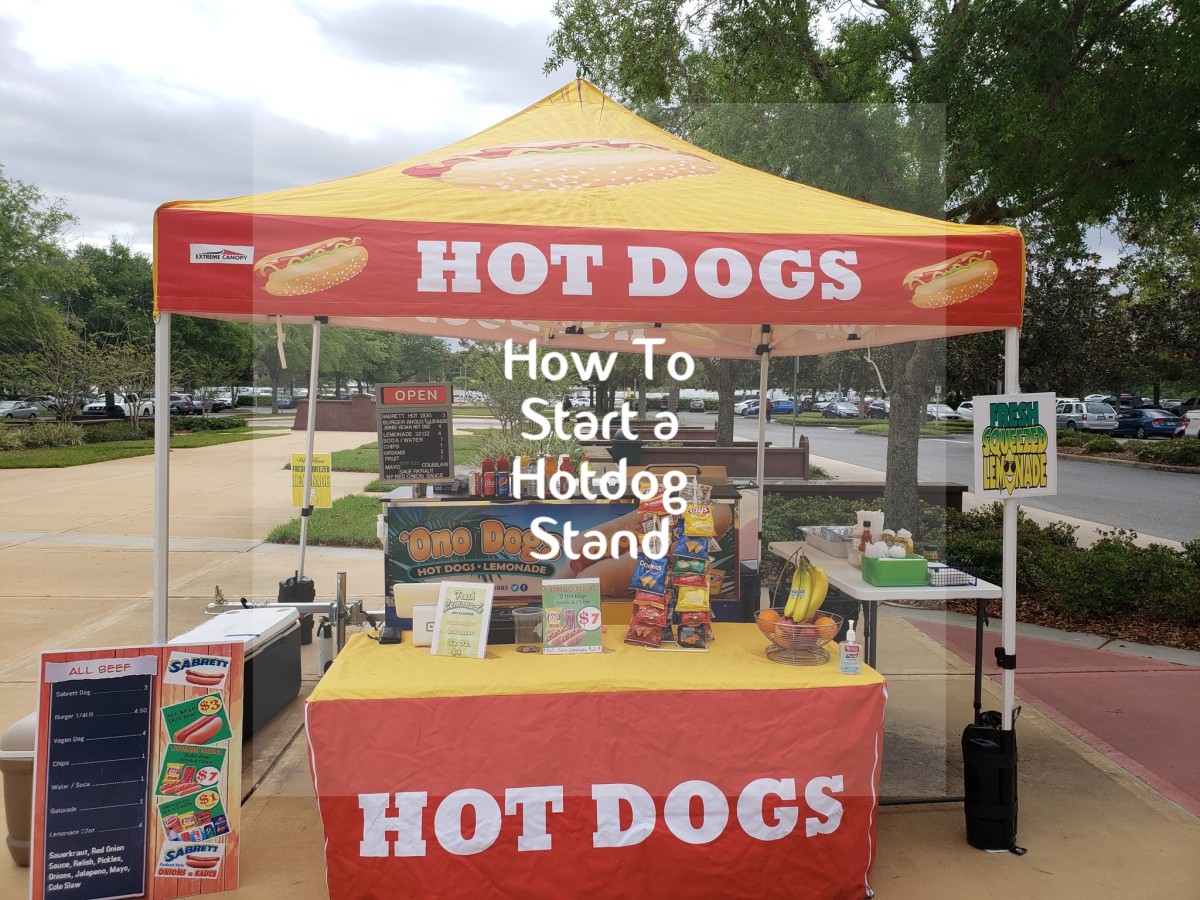- HubPages»
- Business and Employment»
- Small Businesses & Entrepreneurs»
- Entrepreneurship
How to Start a Music Business

Music is one of your biggest passions and the idea of making money doing what you love is so exciting that you’ve decided to look into starting a business involved in music. Perhaps you are musical yourself, perhaps you know many musical people, or maybe you just love listening to music. Regardless, you think that you have what it takes to get involved in the $60+ billion music industry.
The music industry is incredibly competitive. With the staggering number of wannabe musicians, and the amount of money that big labels are able to back their selected talent with, getting involved in the music industry is not easy – although it is very possible. What you will need is the ability to network, create an aura of excitement, and know exactly what you are going to provide.
As music becomes easier to access online without paying, and YouTube provides ways of viewing entire music videos free of cost, there are many opportunities for musical entrepreneurs to make money in this changing industry. With a bit of creativity and networking skills, you may be the one to develop the next great music business.
Business Ideas
Interested in starting a music business? Consider these areas:
- Record music for musicians.
- Plan tours.
- Organize concerts and events.
- Create marketing strategies.
- Start a fan club.
- Make websites for musicians.
- Design CD covers and posters.
- Sell memorabilia.
Music Businesses You Can Start
When entering the music business, it is important to realize that you must focus on one of three groups: music fans, the musicians themselves, or other businesses in the music industry.
If you focus on music fans, the biggest key is to find what is appealing to them and provide it. Maybe you will provide opportunities for music fans to learn about new and upcoming musicians or concerts. You could provide memorabilia (clothing, CD’s, autographed merchandise, etc) to the fans. It is also possible to provide unique experiences or projects where music fans are able to interact with musicians.
By focusing on musicians the arena of potential businesses increases significantly. There are a large number of services that musicians need depending on their level of success. Those that are starting out will need help with promotion, organizing tours, creating websites, designing memorabilia, and improving their musical abilities. Musicians that have been in the business for a while will need much of the same – in addition to security, public relations specialists, vacations, interactions with celebrities of a similar caliber, and a variety of other services.
Professionals in the music business are constantly looking for ways to promote themselves and their clients. By providing services, creating networking opportunities, and finding easier ways to accomplish menial tasks, a new entrepreneur can become a success relatively quickly.
The sky is the limit when it comes to starting a music business. The important thing to remember is to focus on one aspect of the industry rather than trying to reach all three groups. In my first attempt to start a business in the music industry, I was unsure of whether I was targeting musicians or music fans, and this helped in the company’s downfall.

Steps to Starting a Music Business
Develop a Business Plan: Every business needs a business plan before it can be a success. What will the company name be? Who will be marketed? How will they be marketed? How much financing is needed? Who will run the business? How will the business be operated? How many clients need to be acquired before the business is profitable? These are all questions that a solid business plan can help to answer.
Network Online and Off: The music business is all about who you know. The key to success is to network like crazy. Create an online and offline presence. Find ways to connect with people, connect people to people, and connect people to services they need. All of this will help a new business successfully integrate into the music business.
Embrace the Culture: What style of music will you be focusing on? Classical, rock, indie, country? Determining this can assist you in strengthening your position and understanding of the clients you will be serving.
Create a Brand in the Music Industry: It is very important to have a strong brand to succeed in the music industry. Just like every band as their own feel, appearance, and aura, those in the music business need the same. Are you professional, punk, hick? Each one of these styles will effectively reach a specific niche of people.
All in all, starting a business in the music industry can be a lot of fun. The ability to meet people passionate about what they do and helping them reach their goals is very thrilling. From working with new, unknown groups, to interacting with the veterans, a lot of fun and enthusiasm continually surrounds the music industry.
Feel free to leave your more in-depth and personalized questions below and I will be more than happy to give you tips and suggestions on start and improving your own music business.








